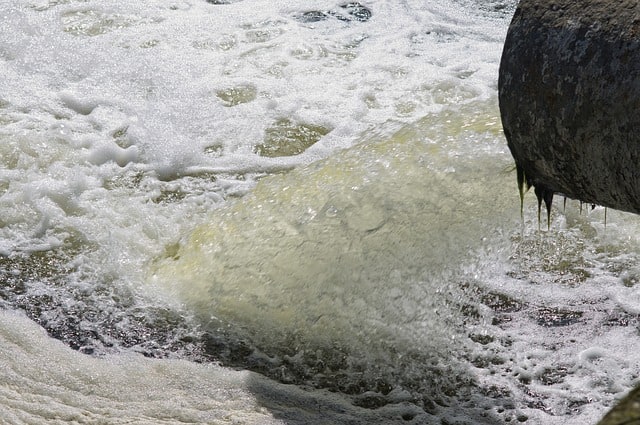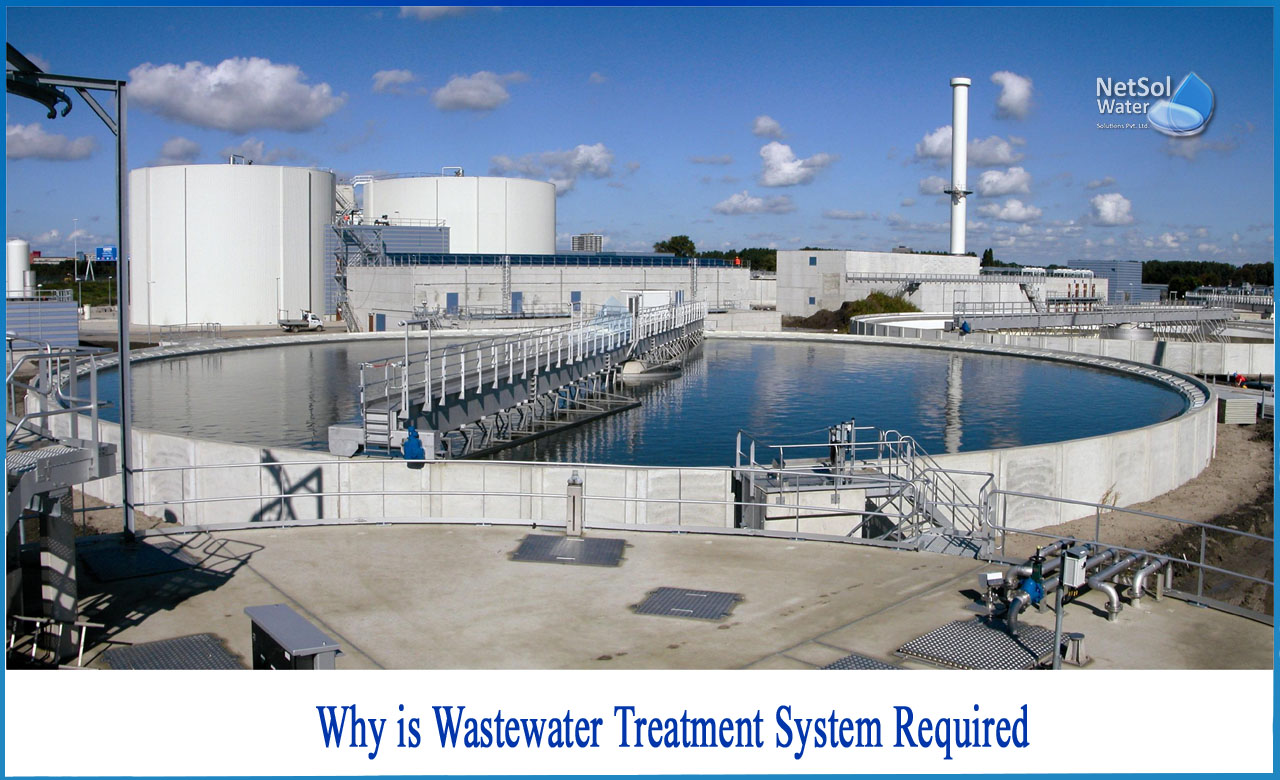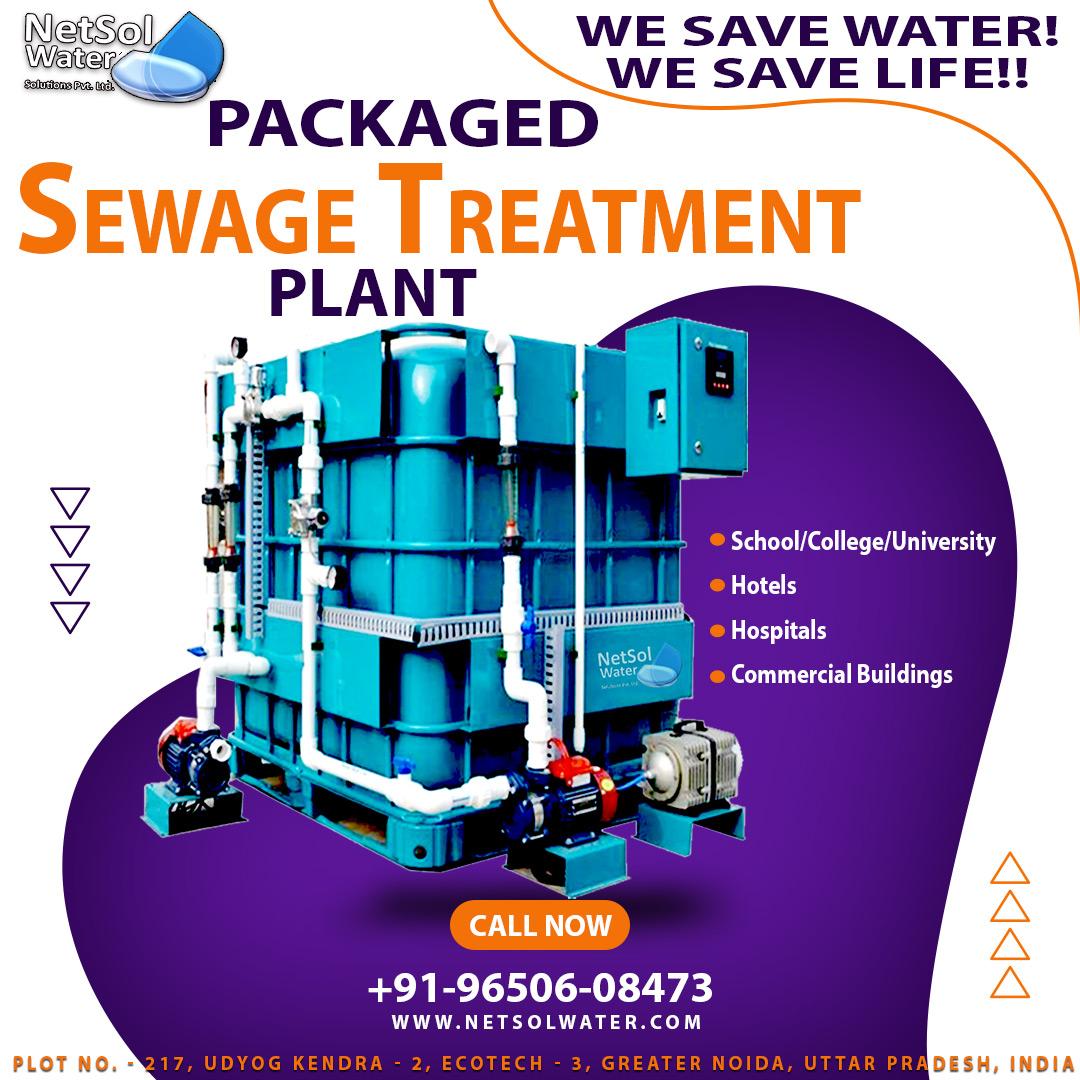What is waste water?
Wastewater is simply water that has already been utilized. As a result, when you flush the toilet or drain the bathtub, you're getting rid of used wastewater. Your home, though, isn't the only source of wastewater. In reality, storm runoff is also called wastewater. Because rainwater can bring toxins and other toxic things from highways into the sewage system, such chemicals may wind up in someone's home if they are not adequately managed.

Why is Wastewater Treatment System Required?
A wastewater treatment system is frequently required for industrial enterprises that produce wastewater as a consequence of their processes. If your wastewater is improperly discharged into a publicly owned treatment works (POTW) or to the environment under a National Pollutant Discharge Elimination System, it can harm the environment, human health, and your process, as well as result in heavy fines and possible legal action for your facility (NPDES permit). The finest wastewater treatment system will help the facility avoid costly discharge and connection fees, as well as other concerns, and/or treat wastewater efficiently for reuse.
How do you select the most appropriate wastewater treatment system for your facility?
Three primary variables will assist you in selecting the best wastewater treatment system:
- What are the producing facility's wastewater characterizations?
- What are the regulatory standards for the plant's discharge?
- What are the results of a comprehensive wastewater treatment study and pilot test?
How do your facility's wastewater characterizations help you choose the right wastewater treatment system?
The equipment that will go into the actual makeup of the system is one of the most important variables that will decide the best wastewater treatment system for a company.
Here are some key questions to consider:
- Does the facility process foods that result in the effluent that is high in BOD, oils, and grease?
- Is there a manufacturing process at the plant that contaminates the wastewater with suspended solids and/or metals like zinc, iron, lead, and nickel?
- Is there a need to eliminate BOD or COD (chemical oxygen demand) because of high levels of inorganic contaminants?
All of these factors will influence the sort of wastewater treatment system required.
If a company performs a plating operation, for example, pH stabilization and suspended particles and metals removal are frequently addressed difficulties. In this situation, a wastewater treatment system will most likely include physical/chemical clarity as well as metals removal.
What does a treatability research and/or pilot test reveal?
A wastewater treatability study is research or test that determines how the process' wastewater can be treated. If done correctly, the research will identify the contaminants present in the wastewater stream, allowing people to consider and apply the appropriate treatment options in their wastewater treatment system.
When it comes to selecting the best wastewater treatment system for the facility, this stage is vital. Running an efficient treatability test can assist validate the assumptions people have made about likely contaminations and strategies to remove them after they have created a roadmap of maybe two or three technology platforms that meet your base and operational costs. This simplifies the process and eliminates any guessing, ensuring that their institution receives the finest possible solution for their specific needs.
For design, manufacture and installation of waste water treatment plants, contact Netsol Water.




